"It helps, now and then, to step back
and take the long view. The kingdom is not only beyond our efforts,it is beyond our vision. We accomplish in our lifetime only a tiny fraction ofthe magnificent enterprise that is God's work. Nothing we do is complete, which is another way of saying that the kingdom always lies beyond us. No statement says all that could be said. No prayer fully expresses our faith. No confession brings perfection. No pastoral visit brings wholeness. No program accomplishes the church's mission. No set of goals and objectives includes everything. This is what we are about: We plant seeds that one day will grow. We water seeds already planted, knowing that they hold future promise. We lay foundations that will need further development. We provide yeast that produces effects beyond our capabilities. We cannot do everything and there is a sense of liberation in realizing that. This enables us to do something, and to do it very well. It may be incomplete, but it is a beginning, a step along the way, an opportunity for God's grace to enter and do the rest. We may never see the end results, but that is the difference between the master builder and the worker. We are workers, not master builders, ministers, not messiahs. We are prophets of a future not our own Amen"
0 Comments
On March 24, 1980, standing before the altar of a small hospital chapel, Archbishop Oscar Romero held up his hands during his last Mass, consecrating the body and blood of Christ. He was shot shortly by a paid assassin. U.S. President Jimmy Carter to cease sending America’s murderous foreign aid into his small nation. Romero certainly understood that his words in those last weeks and days would be his own death warrant.
Oscar Romero watched as the people of his church and many priests were assassinated by the government. He still called people to conversion and repentance. On March 12, 1977, weeks after Romero became archbishop of San Salvador, his best friend and first priest. Rutilio Grande was ambushed and killed along with two parishioners. Romero prayed publicly at length beside his friend’s remains,without first securing government permission a criminal offence.
He knew he was going to be killed and days before his murder he told a reporter: "You can tell the people that if they succeedin killing me, that I forgive and bless those who do it. Hopefully, they will realize they are wasting their time. A bishop will die, but the church of God, which is the people, will never perish." As the Archbishop of San Salvador during El Salvador's civil war, Romero became the "bishop of the poor" for his work defending the Salvadoran people. Romero was a source of strength and hope for the poor and working with and for them, taking their struggles as his own. Romero wrote and spoke publicly for the need for Christians to work for justice, he was faced with threat and danger from those who opposed his ideas
Oscar Arnulfo Romero was born on August 15, 1917 in Ciudad Barrios, a Salvadoran mountain town near the Honduran border. He was the second of seven children of Guadalupe de Jesús Goldámez and Santos Romero, who worked as a telegrapher. His family didn't have running water in their small home, and the children had sleep on the floor. Since his parents could not afford to continue Oscar’s education til the age of twelve, they apprenticed him to a carpenter. Oscar immediately showed his passion as a craftsman, but he was already determined to become an apprentice of a carpenter. He entered the minor seminary in San Miguel at the age of thirteen. He was later promoted to the national seminary in San Salvador and completed his studies at the Gregorian University in Rome then he received a Licentiate in Theology.
|
| Oscar Romero |
|
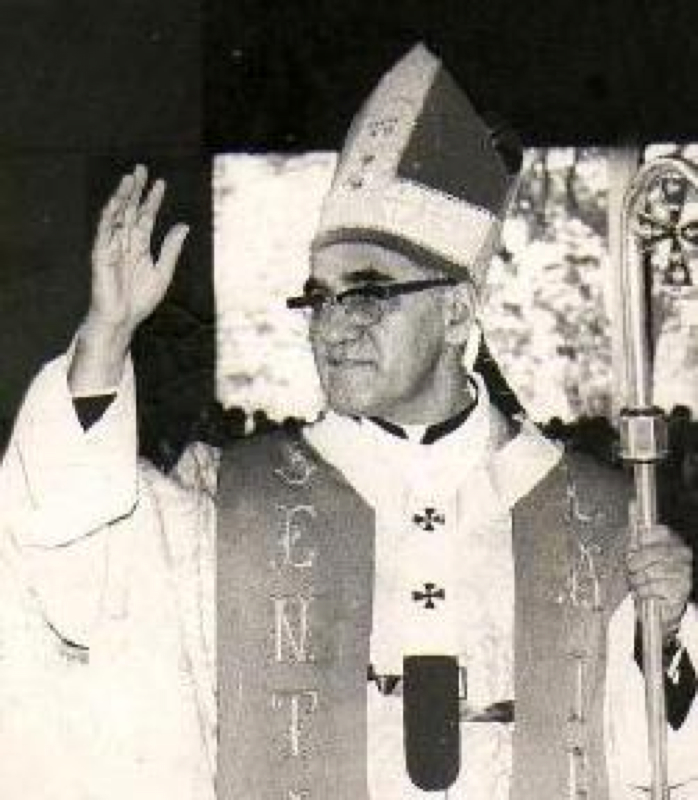
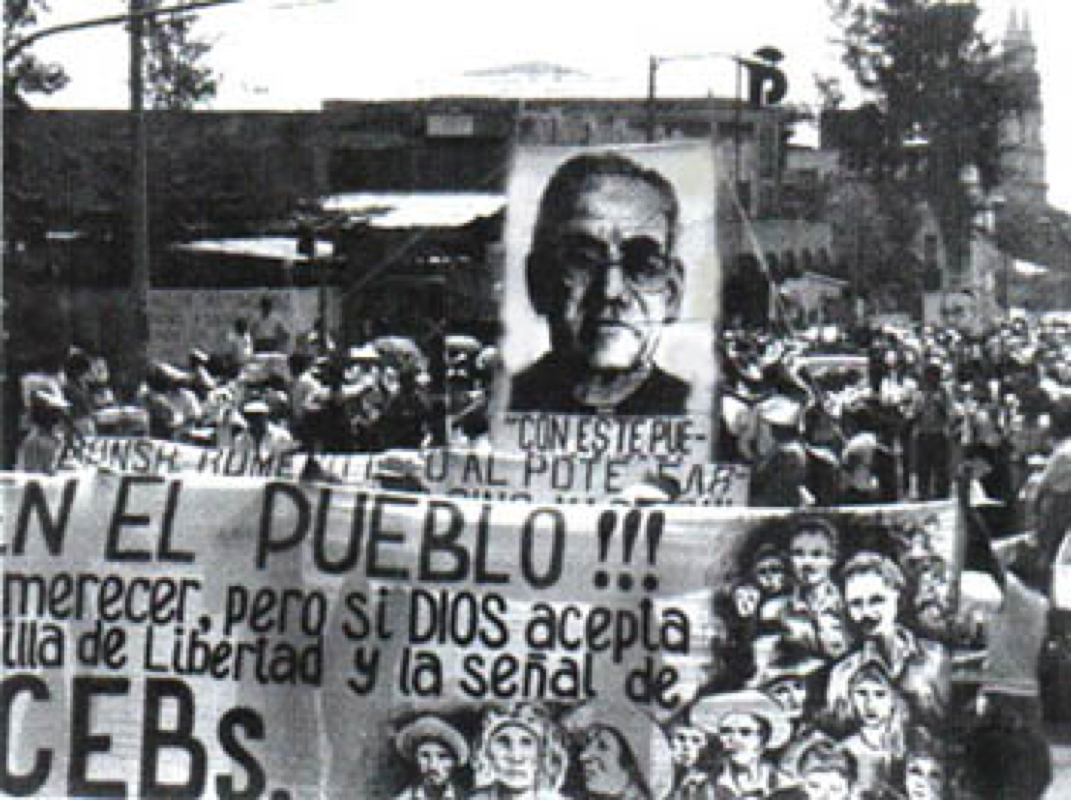
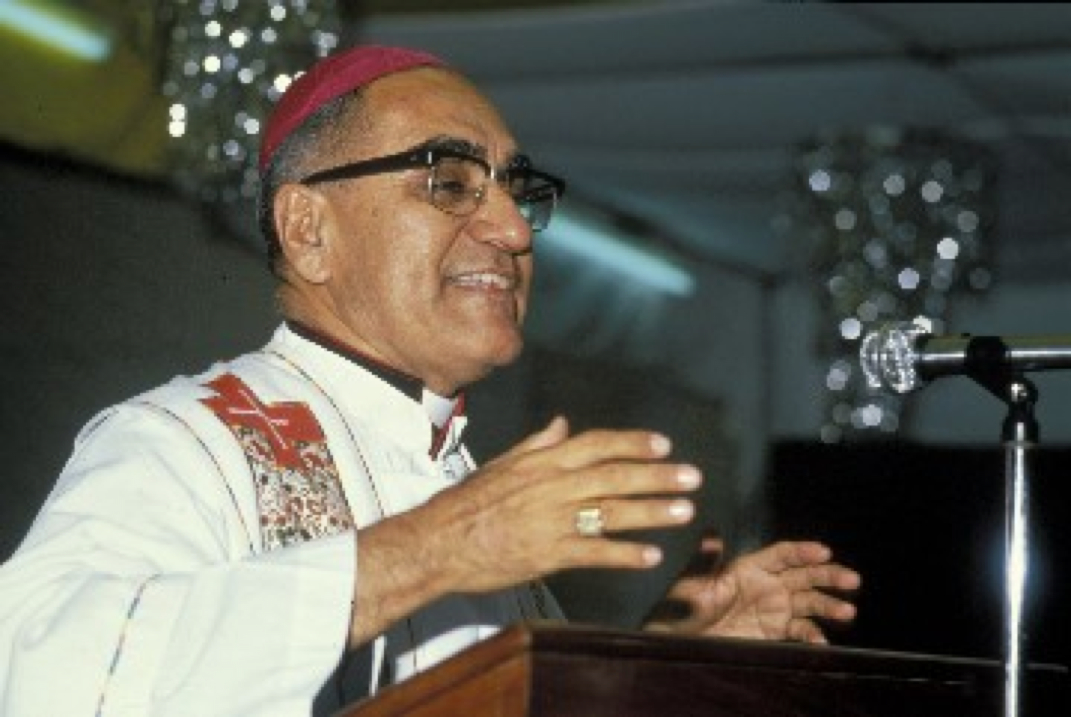
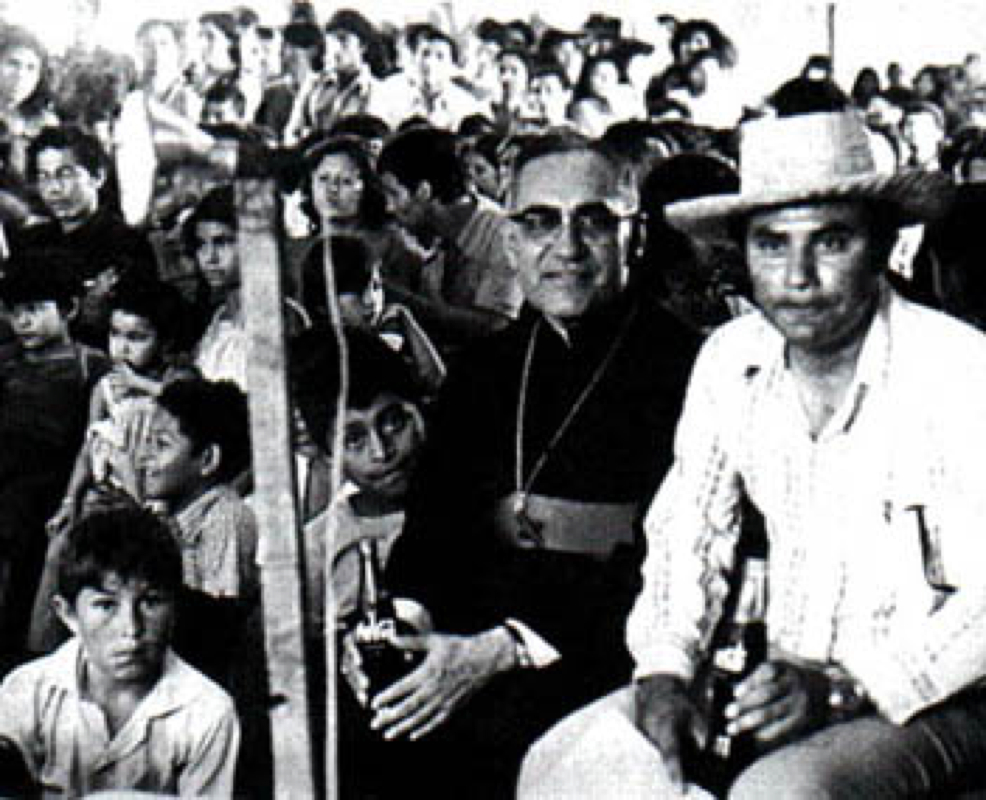
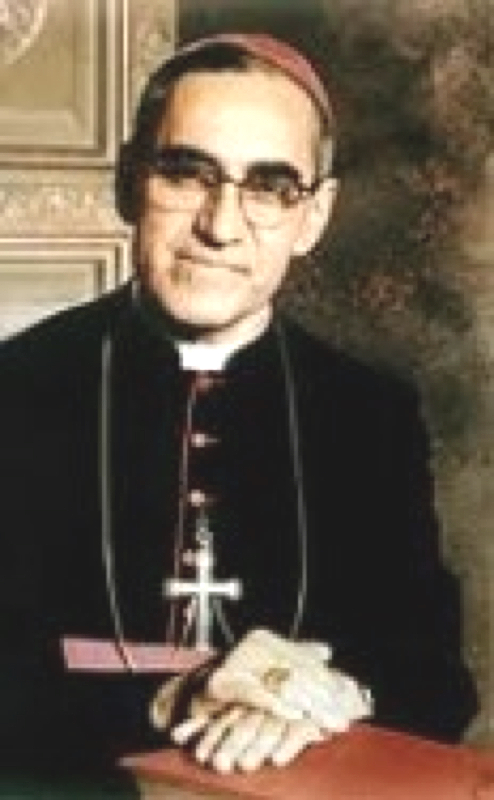
 RSS Feed
RSS Feed